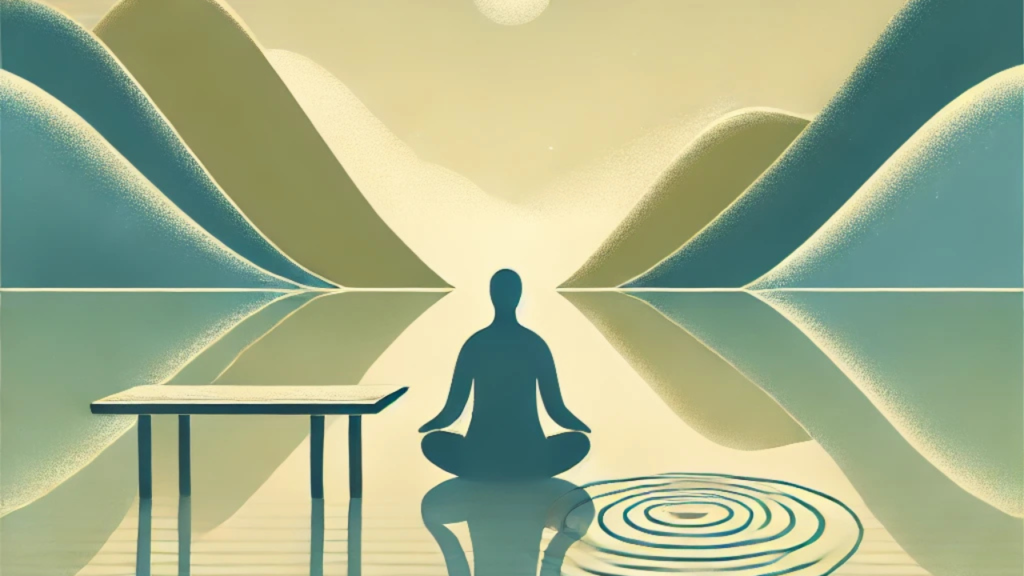learn to sit back and observe. not everything need – tymoff

In a world full of distractions and constant demands, the ability to sit back and observe is a powerful skill. It’s a practice that fosters clarity, learn to sit back and observe. not everything need – tymoff self-awareness, and a balanced approach to life. Not every situation requires an immediate reaction, nor does every problem demand your energy. By embracing this mindset, you can unlock a more peaceful and focused way of living.
The Power of Observation
Observation is more than just seeing—it’s about understanding. When you take a step back to observe, you give yourself the gift of perspective. In today’s fast-paced world, where decisions are often made in haste, the ability to pause and evaluate can set you apart.
Observation helps you notice patterns, behaviors, and nuances in people and situations. Whether it’s at work or in relationships, observing without immediate action allows you to make informed decisions. For instance, in a workplace setting, keen observation can help you understand team dynamics, anticipate challenges, and offer solutions that truly make an impact.
Moreover, observation builds emotional intelligence. It enables you to better understand others’ emotions and reactions, fostering stronger connections and reducing misunderstandings. By prioritizing observation over impulsiveness, you cultivate patience, empathy, and wisdom—qualities that contribute to personal and professional success.
Why Not Everything Deserves Your Energy
Energy is a finite resource, and not everything in life is worth it. Many of us waste valuable time and mental bandwidth on trivial matters, from petty disagreements to overthinking scenarios beyond our control. Recognizing this truth is the first step toward living a more intentional and fulfilling life.
Engaging in every situation without discernment can lead to burnout, stress, and emotional fatigue. It’s important to ask yourself: “Does this issue truly matter in the bigger picture?” Often, the answer is no. Selective engagement isn’t about indifference; it’s about prioritization. When you conserve your energy for what truly matters—whether it’s your goals, loved ones, or personal growth—you become more effective and less overwhelmed.
To achieve this, set boundaries and learn to let go of situations you can’t control. For example, if someone criticizes you unfairly, instead of reacting defensively, observe their motivations. Are they projecting their insecurities onto you? By choosing not to invest your energy in every provocation, you maintain your inner peace and emotional stability.
The Art of Responding, Not Reacting

Reacting is instinctive, but responding is intentional. This distinction is crucial for anyone striving to master the art of observation. Reacting often stems from emotions like anger, fear, or frustration, leading to impulsive actions. Responding, on the other hand, is a measured approach rooted in awareness and thoughtfulness.
Mindfulness plays a pivotal role in helping you respond effectively. By staying present in the moment, you can process emotions without being overwhelmed by them. For instance, if you face a conflict, taking a few deep breaths before responding allows you to evaluate the situation objectively. This not only diffuses tension but also helps you maintain your credibility and composure.
Developing patience is another critical element of responding thoughtfully. Practice delayed reactions by pausing and asking yourself key questions: “Is this worth my energy?” “What outcome am I seeking?” This intentional pause empowers you to navigate challenges with wisdom, ensuring that your actions align with your values.
Another hallmark of a thoughtful responder is choosing your battles wisely. Not every argument needs to be won, and not every situation requires your input. By focusing on what truly matters, you can direct your energy toward meaningful pursuits and relationships, enhancing your overall quality of life.
Practical Strategies to Practice Sitting Back
Cultivating the habit of sitting back and observing requires conscious effort and practice. Fortunately, several strategies can help you master this skill.
1. Practice Mindfulness
Mindfulness is the cornerstone of observation. By being present in the moment, you can fully engage your senses and perceive situations without judgment. Simple techniques like deep breathing, meditation, or body scans can help you stay grounded and attentive.
2. Journaling and Reflection
Writing down your thoughts and experiences allows you to process situations more effectively. By reflecting on your reactions and identifying patterns, you can become more aware of when to engage and when to let go.
3. Set Boundaries
Boundaries protect your energy and time. Politely declining unnecessary commitments or detaching from toxic interactions are vital steps toward prioritizing your well-being.
4. Observe Without Judgment
One of the hardest yet most rewarding practices is observing without jumping to conclusions. This means noticing behaviors, words, or situations without immediately assigning meaning or emotional weight to them. Over time, this approach fosters greater understanding and reduces unnecessary stress.
Conclusion
Learning to sit back and observe is a transformative practice that fosters clarity, emotional balance, and purpose. Not everything in life deserves your energy, and by embracing selective engagement, you can channel your resources toward what truly matters. This approach not only protects your mental health but also enhances your ability to navigate life’s challenges with grace and wisdom.
Take a step back. Observe the world around you. Not every battle needs to be fought, and not every problem needs to be solved. Sometimes, the greatest strength lies in choosing where to invest your energy and when to let go.
FAQs
What does it mean to “sit back and observe”?
It means taking a step back to analyze situations objectively before reacting or engaging.
How can observation improve decision-making?
Observation allows you to gather information, understand context, and make informed, thoughtful decisions.
What are practical ways to conserve energy in stressful situations?
Setting boundaries, practicing Mindfulness, and prioritizing important matters can help conserve energy.
How can Mindfulness help in responding rather than reacting?
Mindfulness fosters self-awareness, enabling you to process emotions and respond with clarity and intention.
Is there a risk of becoming detached when practicing observation?
While detachment can occur, maintaining balance by selectively engaging in meaningful matters ensures a healthy approach.
How can this philosophy improve personal relationships?
Observation fosters understanding and patience, reducing conflicts and strengthening connections.
Can anyone learn to sit back and observe?
Yes, with practice and commitment, anyone can develop the ability to pause, reflect, and respond thoughtfully.
You May Also Read: https://bigbestwire.com/lions-vs-49ers/



